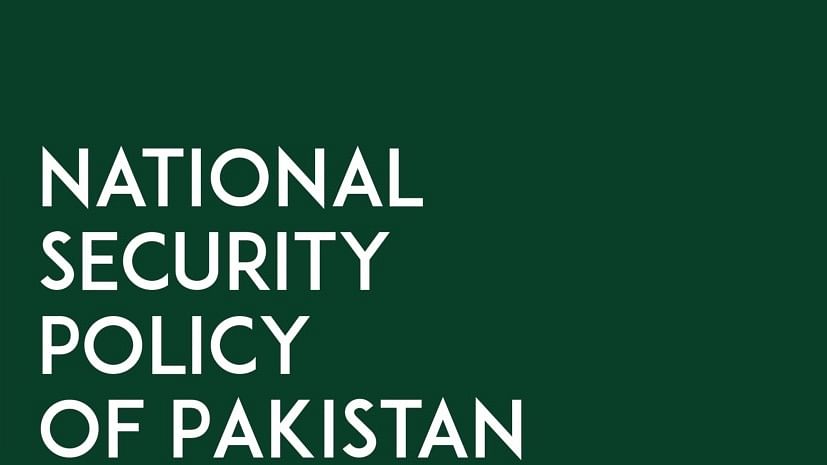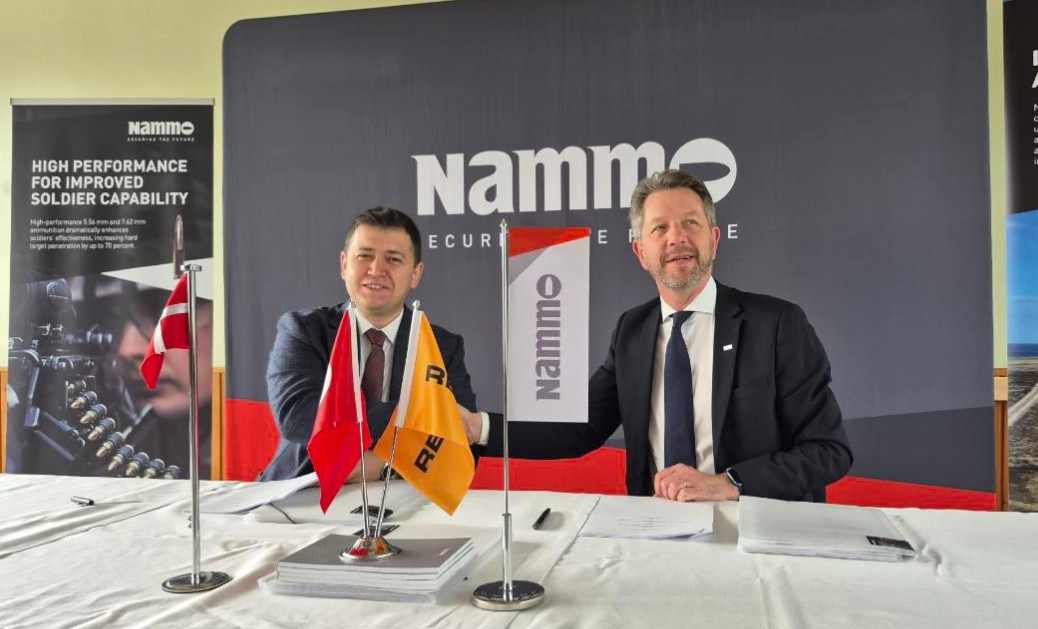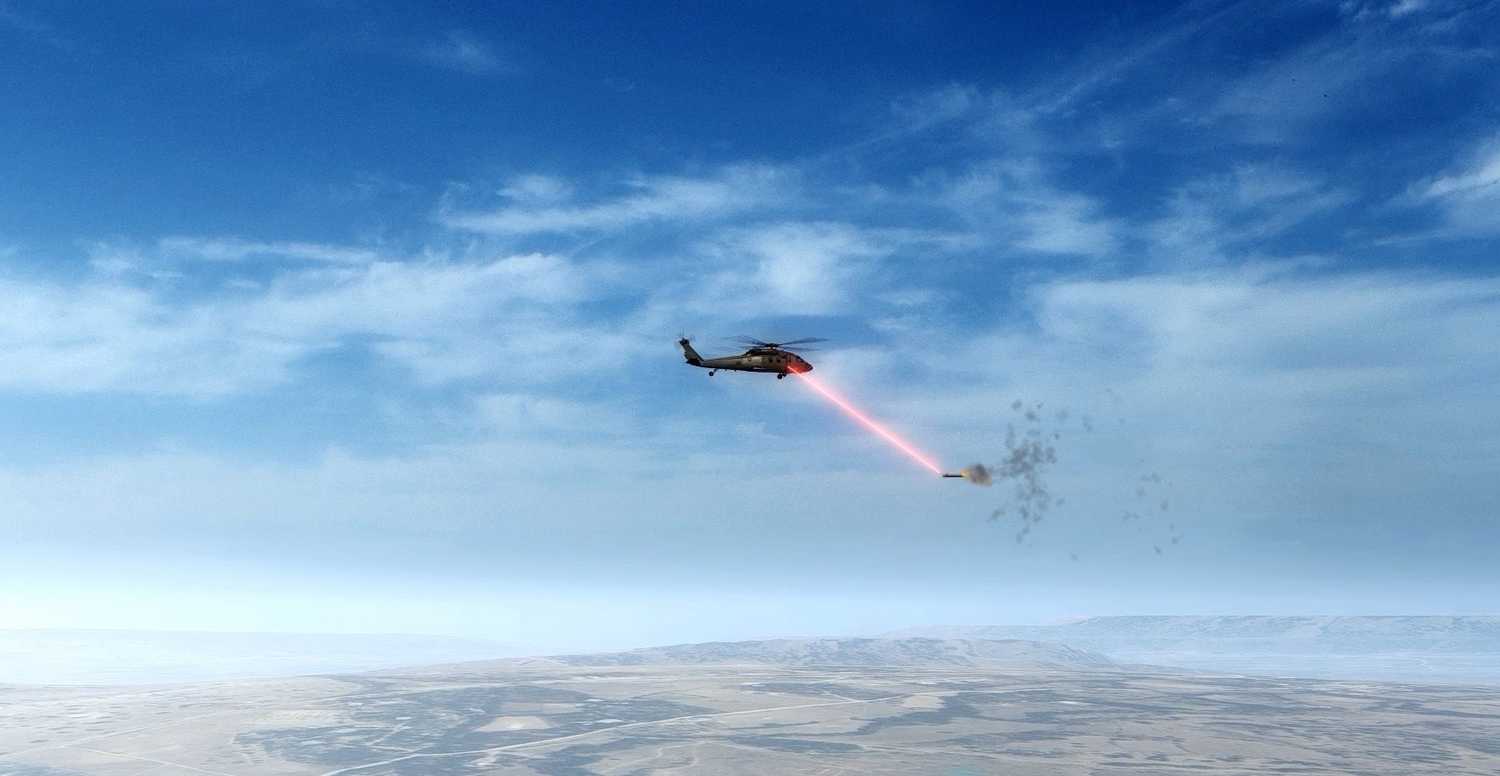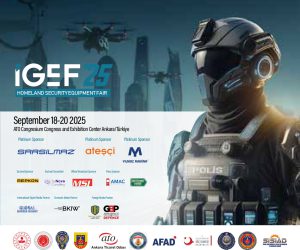Prime Minister Imran Khan launched Pakistan’s First-Ever National Security Policy which placed a special emphasis on security and human welfare.
Following the nature of security and economic challenges Pakistan faced over the years, it was the need of the hour to collect all the policy briefs available in different ministries and formulate a solid document in which all the challenges and strategies should be included. The summary of our National Security Policy is that it priorities human welfare, economic advancement and connectivity with the regional countries. So, the economic activities in the country take place which can increase the prosperity of the people. Only then the country can move forward. The territorial integrity of the country does not come from the traditional security mechanisms but it comes from the economic activities and a strong industrial base.
The Shift from Geo-Politics to Geo-Economics
The territorial integrity was attached to conventional security measures. The conventional security measures mean that your armed forces are the protectors of your borders. The overall security of the country is only the duty of the military institutes. The parameter to measure it was that our relations with India are not friendly and we have Afghanistan on our western borders which have been at war for the last four decades. The eastern as well the western borders were made the parameter to determine all of our security strategy. However, now the focus has been shifted. It has been said very clearly that until there would not be economic development, industrialization and economic ties with other countries for trade and economic investment, Pakistan’s road to development won’t be easy.
The Issue of Trade With India
Until the situation doesn’t normalize between India and Pakistan and the dialogue doesn’t start, trade cannot be promoted. It has been India’s wish for a very long time that all other matters should be disposed of between both countries and trade should be made a primary focus. During gen Pervez Musharraf’s era, this ideology was promoted that the trade would continue despite the political situation between both countries. However, when Narendra Modi came to power in India (in 2014), relations worsened since then. It is difficult to say anything at this moment because it has been made clear in the National Security Policy that due to the conflicts with India especially in Kashmir, the relationship cannot be normalized between both countries.
Read More: Pakistan Adopts its First National Security Policy
The Economic Inequality Between Provinces:
Many of our issues started after the 18th Amendment in 2010. According to it, the provinces became rich and the federal went poor. Now, the federal government is also responsible for the loans that are given to the federal but are spent by provincial governments. There is no accountability of the loan in provinces. Until this is addressed, it is difficult to end economic inequality between the provinces. Even to achieve a consensus would be difficult.
The Non-conventinal secuirty Threats:
Whether its climate change, cybercrime or industrialization, it has been given importance in the National Security Policy. According to the executive summary, the focus is on human welfare and economic development. The main point that comes through is that the country will only get strong if it will be economically strong. Without economic strength, the political and conventional security of a country cannot be effective nor can it guarantee the territorial integrity.
The Challenges in The Implementation
The National Security Policy has been formulated but now the consensus of all parliamentarians and provinces is required. This is the main hurdle in the current situation as all the opposition parties are demanding a parliamentary debate on it. After achieving the consensus, the differences between federal and provinces can be discussed.
Secondly, until all civil and military institutes and individuals agree on the rule of law and implement it according to it, no policy can be made effective.
About the Author:
Mr. Ehsan Ali is a student at National Defense University, Islamabad. He is currently pursuing a bachelor’s degree in strategic studies. His areas of interest include national security and threat perception of Pakistan, and international politics, specifically in East Asia, South Asia, and the Middle East. He can be contacted at ehsaanali3440@gmail.com
- Global Defense Insighthttps://defensetalks.com/author/umair/
- Global Defense Insighthttps://defensetalks.com/author/umair/
- Global Defense Insighthttps://defensetalks.com/author/umair/
- Global Defense Insighthttps://defensetalks.com/author/umair/













